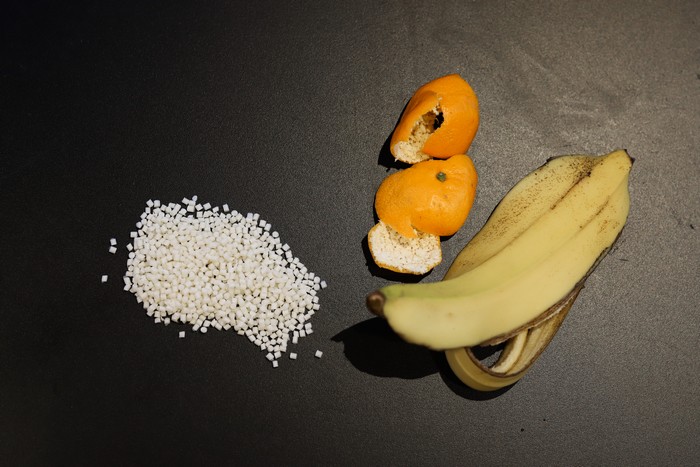Plentyful receives Government investment
For immediate release
15 July 2022
New Zealand Bio-Innovation company Plentyful has broken ground on a world-leading facility that will transform organic waste into compostable, environmentally friendly plastic alternatives.
With the benefit of technological input from Scion, the facility in Marton is just the second of its kind in the world and has been backed by a $2 million funding injection announced by Economic and Regional Development Minister Stuart Nash.
In the process, Plentyful becomes the only company in the Southern Hemisphere to have exclusive rights to a new technology that creates natural biopolymers that can replace harmful oil-based plastics.
“This is a huge breakthrough in our efforts to reduce New Zealand’s need for importing harmful, oil-based plastic products,” says Plentyful founder and CEO Jayden Klinac.
“New Zealand produces millions of tonnes of organic waste every year including forestry, dairy and food waste. Now, we can now use that waste to create an alternative to plastic products that inevitably end up harming our environment.
“It’s a win-win situation - we reduce the amount of plastic and natural waste we send to landfill, and we convert that organic waste into a natural plastic alternative that can be used to make things like food packaging, medical products, agricultural products and industrial items such as fishing nets.”
The facility will use patented technology created by Full Cycle Bio, which Plentyful holds the exclusive licence for in New Zealand and Australia. The Biopolymer it creates is known as PHA, which is a lightweight, durable product that can be reused, recycled, composted or will break down in the eco-system without any microplastics.
Scion portfolio leader bioproducts and packaging Alec Foster says the potential value of biopolymers such as PHA to the New Zealand economy is substantial, with benefits to multiple sectors.
“It’s anticipated that on-shore manufacturing will lead a host of new ‘home-grown’ products from food and drink packaging to cosmetics and medical devices.
“Through providing technical advice to Plentyful, Scion are excited to be supporting such an amazing sustainable endeavour.”
“This is the most exciting thing that has happened in Marton and the Rangitikei for the last 20+ years,” says Rangitikei mayor Andy Watson.
“I’ve seen the journey Plentyful has taken to reach the realisation of their vision. It’s great to see the regions finding innovative ways to address waste minimisation and sustainable processes to convert waste streams into recyclable and biodegradable biopolymers."
Progress on developing the local bio-economy has been a significant focus in the Manawatū/Whanganui region, says Craig Nash, programme director of Accelerate 25, the regional economic growth initiative.
“Plentyful has been working closely with iwi, central/local government, EDAs and businesses to help make this happen,” he adds.
“We want Kiwis to be part of this journey and to join the conversation to transition away from traditional plastics,” Klinac says.
“It’s one thing to like the idea, but we also need to change people's behaviour and encourage bulk plastic producers to consider environmentally friendlier alternatives and circular lifecycles.”
While the PHA facility is being built, Plentyful are working with its global partners to begin manufacturing of Biopolymer-coated paper packaging products to assist some of the worlds largest brands reach their goal of making all packaging reusable, recyclable or compostable by 2025.
Anyone interested in taking part in this conversation can head to www.plentyful.co.nz

Bacteria can convert natural organic waste into PHA – a type of bioplastic with many possible uses.
ENDS
